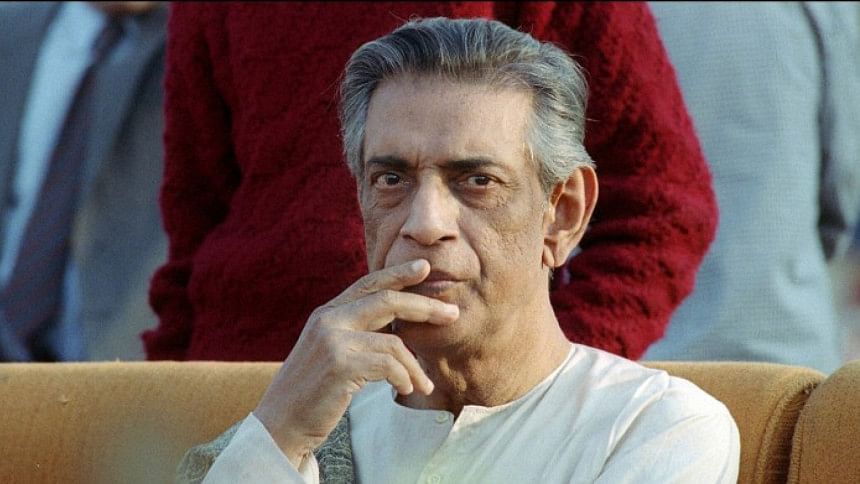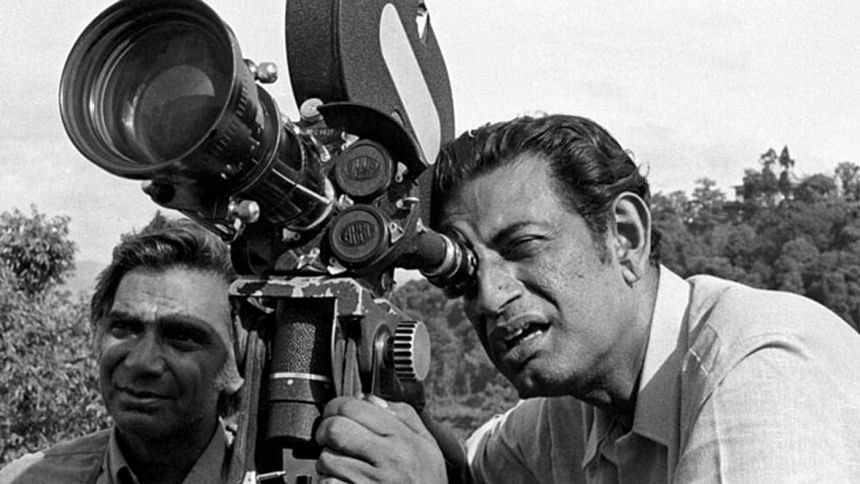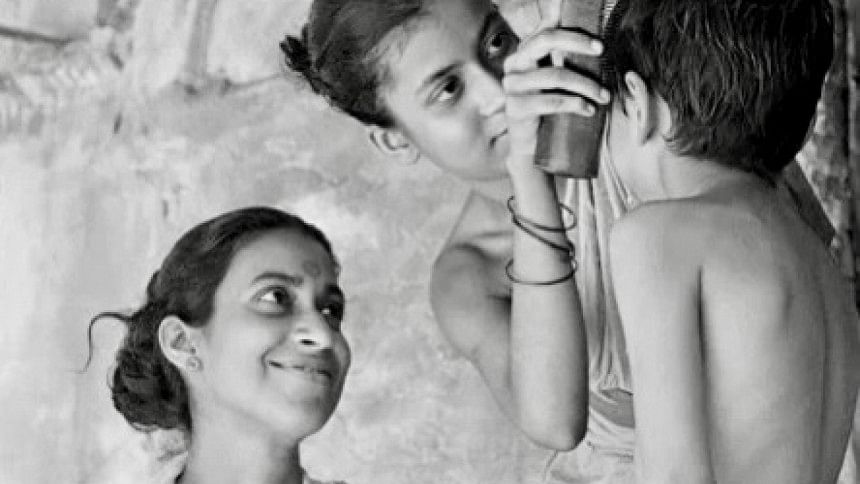Remembering Satyajit Ray, the cinematic genius who left a benchmark

Satyajit Ray, one of the world's finest directors, producers, screenwriters, and authors, was born on May 2, 1921, in Kolkata. He died on April 23, 1992. This year marks his birth centenary.
His cinematic prowess was not just limited to India, but had a global approach. Even today, Ray remains an inspiration to many filmmakers. Blending intellect and emotions while also balancing happiness and grief in storytelling, was a skill mastered by Ray.

A lesser known fact about him is that he worked as a graphic designer. Book covers of Jim Corbett's Man-Eaters of Kumaon and Jawahar Lal Nehru's The Discovery of India were designed by him.
Ray was also an expert at calligraphy, illustrating, music composing, and film critiquing. Ray's music was used in Wes Anderson's movie, "The Darjeeling Limited".
However, life was not smooth for him, as his father passed away when Ray was just three years old.
Fondly known as 'Manik da', Ray amazed the world with his films. His most famous work, "Pather Panchali", which was also his first film, was released in 1955.

"Pather Panchali" made Ray known across the world, winning the filmmaker eleven international prizes.
At the 1956 Cannes Film Festival in France, the film also won the inaugural Best Human Document award. It was Ray's first film to gain international acclaim.
He was a household name among Bengalis and most of his films were made in Bengali, but it is known to a few that Ray also directed one Hindi film. His only feature film in Hindi is "Shatranj Ke Khiladi", which he directed in 1977. With six National Awards from India, he has won the maximum awards for Best Director so far. Ray received an honorary Oscar in 1992 for lifetime achievement.
In 1987, Ray was awarded the Legion d'honneur (Legion of Honour) by the President of France. Oxford University also awarded an honorary doctorate to him.

 For all latest news, follow The Daily Star's Google News channel.
For all latest news, follow The Daily Star's Google News channel. 



Comments